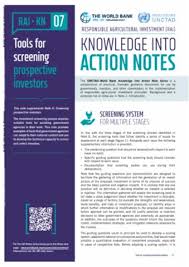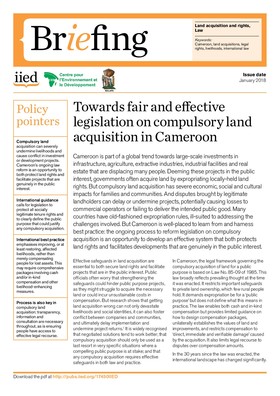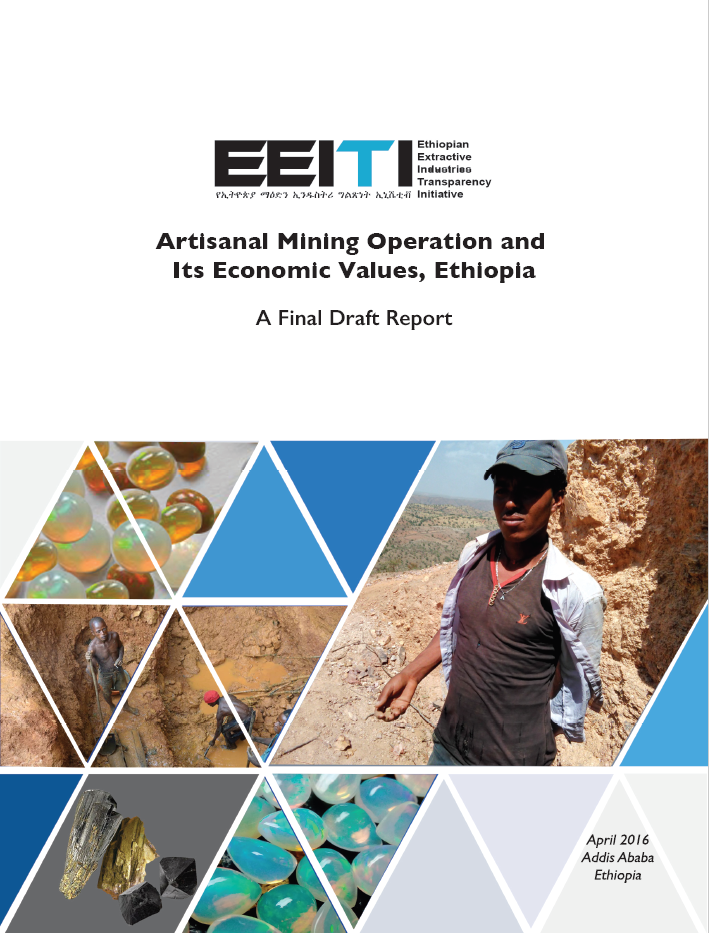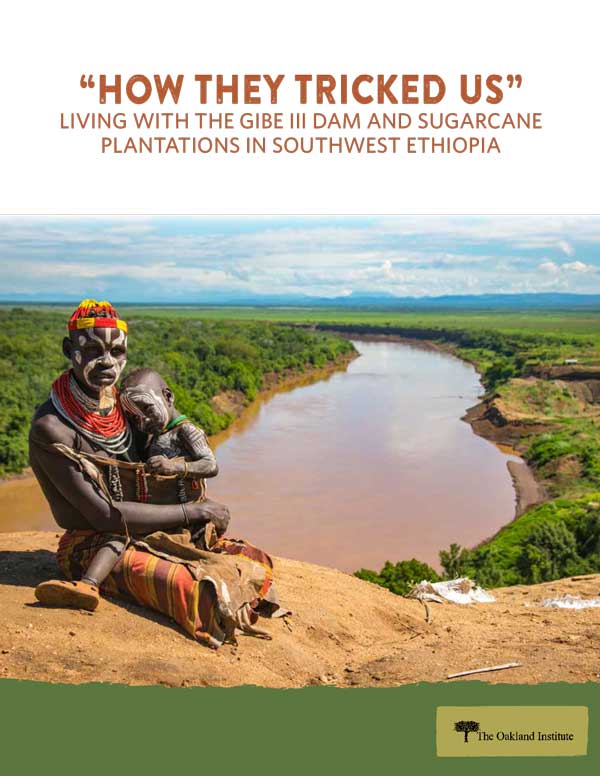Tip Sheet for Journalists Covering the Impacts of the Coronavirus Pandemic on the Extractive Sector
This compilation of resources aims to help journalists cover the medium- to long-term impacts of the global pandemic on the governance of the oil, gas and mining industries in resource-rich countries. It includes blog posts with media-relevant resources such as good examples of existing coverage, suggested story angles and data sources.








